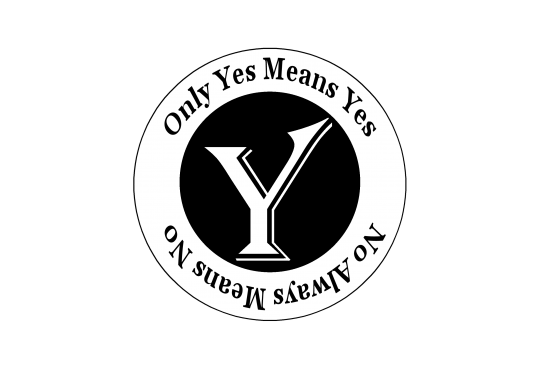By now, most of us have heard the most popular song of the end of summer, “Blurred Lines” by Robin Thicke ft. Pharrell Williams and T.I. Aside from being the number-one track on the U.S. Billboard Hot R&B/Hip-Hop Songs chart, the song has gained additional attention in many circles for the way that some have interpreted the message of the track. Much of this controversy is centered on the song’s title, lyrics and music video.
Recently there has been a lot of chatter in the media and on campus about the meaning and prevalence of “rape culture” in American society. Most generally, rape culture is described in feminist circles as a culture in which sexual violence is commonplace and accepted. Oftentimes, such feminist authors and activists have criticized pop culture and other high-profile forms of media for perpetuating rape culture. This is the crux of the argument against “Blurred Lines” and its lyrics, most particularly the line “I know you want it,” which is repeated by Thicke throughout the song.
Many have found this line to be especially problematic in conjunction with the song’s title, due to the implication that it is in reference to blurring lines of consent.
The words “I know you want it” have a particular significance for those who connect the phrase with the lauded Tumblr blog started in 2011 entitled Project Unbreakable, which shows photos of rape survivors with poster boards of phrases uttered by their rapists. Several of these poster boards include variations of the phrase, and many argue that the song is triggering for survivors of sexual assault.
Additionally, the provocative music video for “Blurred Lines,” the unedited version of which has been deemed too lewd for YouTube, can be seen as equally problematic for its blatant objectification of women. In the unedited version, topless models prance around Thicke, Williams and T.I. as they sing into the camera. The only noise any of the models utter is a brief and high-pitched meow. This trend of female objectification in music videos is tired at best, but due to its combination with the implications of the lyrics, many have decided to boycott the song all together.
While it is true that many feminists who hear “Blurred Lines” think that the song is a veritable anthem for sexual assault, others, including several bloggers and a writer for Slate Magazine have interpreted the song differently.
In Jennifer Lai’s article for the XX Factor, Slate’s blog for women, she argues that if one looks at other lyrics in the song, there are clearly defined boundaries of consent in Thicke’s message. For example, Lai dissects the lyric “the way you grab me/must wanna get nasty” interpreting it as a cocky man’s request for a woman he feels is reciprocating his interest to be more forward. In this interpretation, the male in the song is taking a more passive role to the female.
What’s more is rapists are not defined by a single set of dialogue. While it is true that some rapists have said “I know you want it,” many others have said things along the lines of “Do you need a ride home?”
It is true, however, that “Blurred Lines” is problematic for several reasons relating to its portrayal of relationships between men and women in society. The timing as well as the ambiguity of the song’s lyrics also has not done much in the way of clearing Robin Thicke’s name within feminist circles.
Aside from the obvious question of rapist undertones in these lyrics, I think that perhaps the most poignant question to ask is why has this song been so widely controversial instead of others? After all, this is surely not the first popular song to condone rape culture so implicitly. Many other songs of varying genres openly mention violence against women in their videos and lyrics.
Is it a question of genre, popularity or a shift in our societal attitudes to a more critical view of rape culture?

